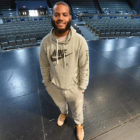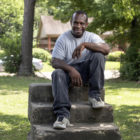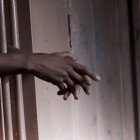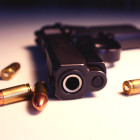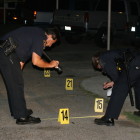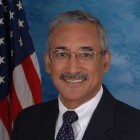
Recently, the American Civil Liberties Union (ACLU) hosted a congressional briefing on the 2011 documentary film “The Interrupters.”
Sponsored by the ACLU’s Washington Legislative Office, the briefing featured statements from Congressman Bobby Scott (D-VA) and a panel discussion featuring Alex Kotlowitz, the producer of “The Interrupters” and author of the book “There Are No Children Here.”
“The Interrupters” focused on Chicago’s CeaseFire movement, a grassroots project in which members of communities seek to reduce acts of youth violence through localized, concentrated intervention programs.
CeaseFire employs “violence interrupters,” community members who work with youth in high-violence areas, to pinpoint and prevent potential crimes before they transpire. Two “violence interrupters,” Cobe Williams and Ameena Matthews, were present at the ACLU’S briefing in Washington, D.C.
The event drew the attention of a diverse group of attendees, including high school principals, public health officials, law professors and congressional staff. Congressman Scott hailed the Youth PROMISE Act -- proposed legislation that would provide funding for comprehensive, community-based intervention programs, such as CeaseFire -- as a potential means of curbing street gang activity and juvenile delinquency. The Youth PROMISE Act -- officially titled the Youth Prison Reduction through Opportunities, Mentoring, Intervention, Support and Education Act -- would provide funding for evidence-based practices regarding the prevention of juvenile delinquency and gang activity. The bipartisan-sponsored bill would also amend the Juvenile Justice and Delinquency Prevention Act of 1974 by creating a Youth PROMISE advisory panel to aid the Office of Juvenile Justice and Delinquency Prevention.


